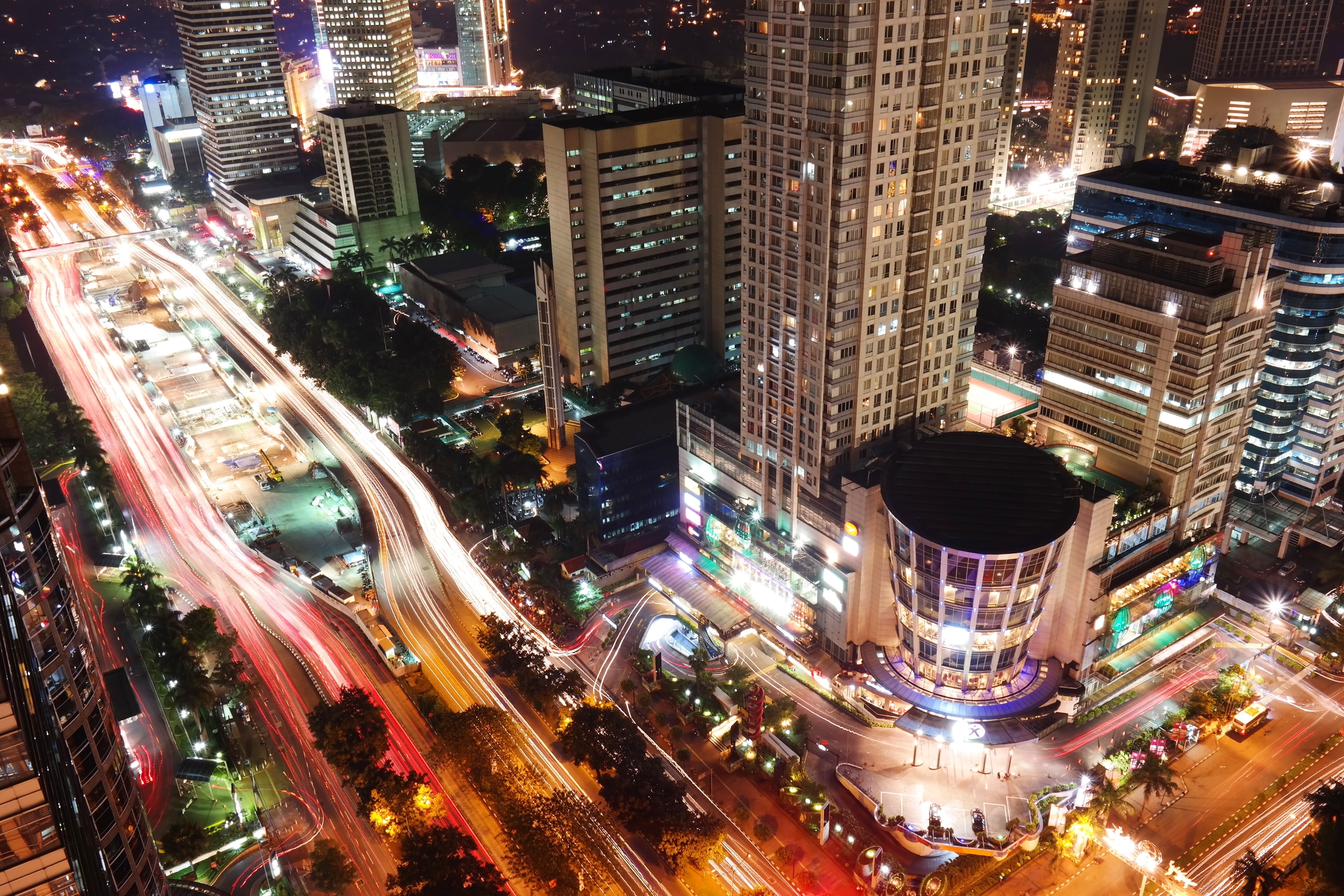Aditya Rakhman: Demonstrating the potential of industrial energy efficiency
With a background in law and finance, Aditya Rakhman has combined his passion for the environment to develop funding models designed to accelerate Indonesia’s industrial energy efficiency revolution .
Indonesian lawyer Aditya Rakman is determined to promote the power of efficiency across the archipelago.
Name: Aditya Rakhman
Position and organization: Funds and platforms senior manager at South Pole Indonesia
Tell us about your role and career to date.
I’m a lawyer by training, focusing mostly on business, finance, and banking law, but my professional interest has always been in the environmental sector. My initial years were spent at the Indonesian REDD+ Agency. From there I moved to the Ministry for Energy and Mineral Resources (MEMR) where I worked with a dedicated team established to accelerate the development of new and renewable energy in the country. Since then, and especially since moving to South Pole, I have been able to explore ways to improve the uptake of energy efficiency financing in Indonesia.
What are you currently working on?
My work currently explores potential funding structures which could be used to accelerate the uptake of industrial energy efficiency in Indonesia. Through our research and engagement with the financial sector, we are looking at ways to unlock finance for industrial companies which want to improve their energy efficiency systems and upgrade their technology.
What stands in the way of achieving industrial energy efficiency in Indonesia?
Well there are three main barriers that we face when it comes to implementing industrial energy efficiency in Indonesia. Firstly it comes down to a lack of industry awareness, then there is an issue of technical expertise, and the third major barrier is accessing mainstream investment for large-scale efficiency projects and upgrades. While our specific project with the Accelerator focuses on unlocking finance, all three of these barriers must be addressed simultaneously. More specifically, what we have encountered in this work, is that accelerating the uptake of energy efficiency essentially requires convincing industries and companies that industrial energy efficiency is a worthwhile investment. When companies upgrade their equipment or change their energy management systems it’s possible to achieve a huge level of savings.
That said, due to the large fuel subsidies in Indonesia, the cost of energy has never really been a major concern for industries as it has been kept artificially low. When industries don’t fully understand energy efficiency, and their energy costs are bearable, then it’s a lot easier for them to become complacent. An additional factor is the national energy supplier’s tariff methodologies, which don’t make energy more expensive for industrial energy users. So at the moment, there isn’t really an incentive for industries to investigate or invest in energy efficiency.
To learn more about the barriers and potential solutions to industrial energy efficiency in Indonesia download the Accelerator’s ‘Indonesia Diagnostics Report’.
Indonesia is the largest energy user in Southeast Asia. Through industrial energy efficiency, the vast archipelagic nation can significantly reduce its energy consumption, power bill and carbon emissions all at once.
What kind of savings could an Indonesian company expect if it invested in energy efficiency?
When energy efficiency projects have been implemented, we see a reduction in energy usage which can be as high as up to 40 per cent. Now, this is quite substantial when you think about savings in terms of your monthly utility bills. With these cost savings, companies can payback the initial investment they made into more efficient technology, machinery, auditing and processes. Ultimately the investment pays for itself.
Do you think industrial energy efficiency is an ‘invisible climate solution’?
At least in the Indonesian context, the potential of industrial energy efficiency has always been there but it has never received the right amount of attention. If you look at the way Indonesia is approaching its Nationally Determined Contributions (NDCs), a lot of the focus is either on reducing emissions through land use and deforestation or through renewable energy. We’ve never really strongly advocated for industrial energy efficiency. Yet, energy efficiency really is one of those ‘low hanging fruits’ which can significantly reduce emissions at a much lower cost and capital expenditure than say constructing solar power plants or wind farms.
So, what’s the next step?
Indonesian banks and investors are very cautious and uninformed about the potential of energy efficiency projects and the wider energy services market. So our idea is to generate sufficient seed funding to significantly de-risk the first cycle of investment in partnership with the banks. Gradually overtime, once the banks are convinced by the energy efficiency business model, and they start to see steady returns from their investments, the ratio of blended finance can gradually be adjusted. It’s an approach that requires taking baby steps to get that initial buy-in from the investment community which will allow us to demonstrate what’s possible.
Thanks to its booming economy, Indonesia has managed to halve its poverty rate in just two decades. In a country of 260 million people, industrial energy efficiency will help to ensure long-term energy security and sustainable employment opportunities for the next generation.
South Pole Indonesia was commissioned by UNIDO to investigate the landscape for energy efficiency in Indonesia specifically to further understand and confirm current barriers as well as identify existing initiatives related to energy efficiency uptake in the country. This work is carried out on behalf of the Industrial Energy Accelerator, an initiative co-convened by the United Nations Industrial Development Organization (UNIDO), The Carbon Trust, with support from the Sustainable Energy for All and the Global Environment Facility (GEF).
Views from the field.The Industrial Energy Accelerator works on the ground to rally government, business and finance around efficient solutions in some of the world’s most energy intensive nations. This month, the Accelerator interviewed our in-country experts about what we stand to gain from industrial energy efficiency, and what needs to be done to make this invisible climate solution a reality.


